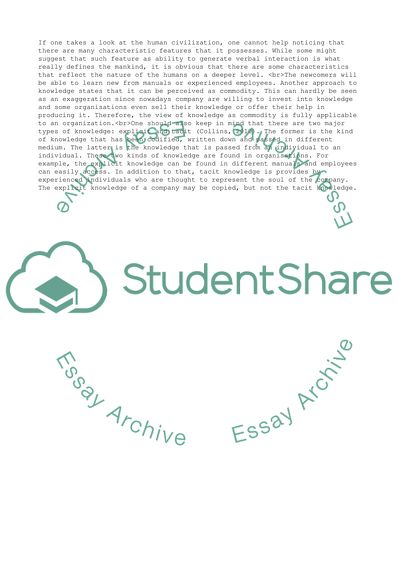Cite this document
(“Organisational learning Essay Example | Topics and Well Written Essays - 2000 words”, n.d.)
Retrieved from https://studentshare.org/management/1701450-organisational-learning
Retrieved from https://studentshare.org/management/1701450-organisational-learning
(Organisational Learning Essay Example | Topics and Well Written Essays - 2000 Words)
https://studentshare.org/management/1701450-organisational-learning.
https://studentshare.org/management/1701450-organisational-learning.
“Organisational Learning Essay Example | Topics and Well Written Essays - 2000 Words”, n.d. https://studentshare.org/management/1701450-organisational-learning.


